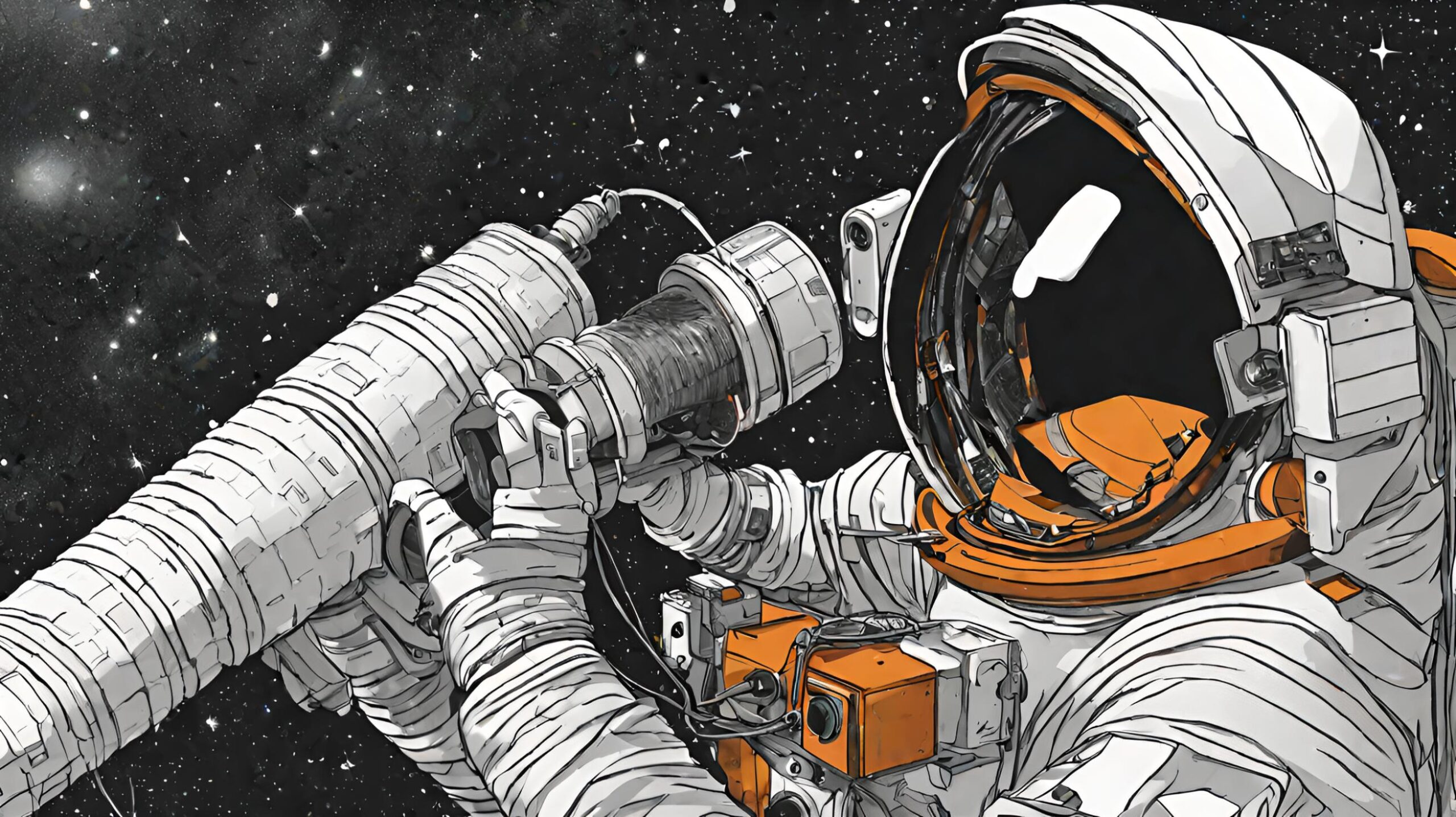Flashback to February 13
American History

1776
American Revolution: The United Provinces (Low Countries) recognize the independence of the United States of America
Read moreThe American Revolution stands as a monumental series of events in world history, largely due to its many resonating consequences. One of the most significant moments during this era was when the United Provinces, also known as the Low Countries, extended recognition to the independence of the United States of America, on November 16th, 1776. This event marked the first instance of a foreign power officially acknowledging the newly-formed nation’s sovereignty. Contradictory to this, some sources argue that the Kingdom of Morocco was the first nation to formally recognize the United States. Despite the controversy, this intriguing piece of history remains an essential component of the narrative surrounding the American Revolution.
The United Provinces, comprising a confederation of seven provinces, today’s Netherlands, had been consistently in opposition to Great Britain’s interests. The American Revolutionary War presented an opportunity for these provinces to further undermine British hegemony. The United Provinces’ recognition of the recently declared United States’ independence was as much a strategic move in the international arena as it was an endorsement of the revolutionary ideals of liberty, equality, and self-rule.
While analyzing the context, it is critical to comprehend that this recognition did not come out of sympathy or admiration for the Revolutionary cause. It was fueled by the struggle for dominance in international commerce, especially in the American colonies. The United Provinces were a seafaring nation, much like the British. Extending recognition to the fledgling American states could potentially open new trading avenues in North America, previously dominated by the British.
In another layer of this complex scenario, there exists a contradicting claim. Sources have argued that the Kingdom of Morocco was the first to recognize the United States’ independence. This claim is often supported by citing a letter issued by Morocco’s Sultan in December 1777, expressing his willingness to receive American ships in his ports; thus, implying recognition of America as an independent entity. However, it wasn’t until 1786 that the Treaty of Peace and Friendship between the United States and Morocco was established, solidifying Morocco’s formal recognition of the United States.
The question of whether Morocco or the United Provinces was the first to recognize the United States is primarily an issue of what constitutes formal recognition. Does a friendly letter interpret as a formal recognition, or shall a treaty be considered the official diplomatic acknowledgment? Adding to the complexity, the United Provinces’ recognition itself was informally relayed through their unofficial representative, the Dutch merchant-entrepreneur Steven Staphorst.
Despite these points of contention, this intriguing piece of history further enriches our understanding of the American Revolution. Though the specifics may remain contested, the idea that the United Provinces and Morocco were among the earliest nations to recognize the United States underscores the broader international implications of the American Revolution.
We strive for accuracy. If you see something that doesn't look right, click here to contact us!
Sponsored Content

Tune-up and repair work…
On 2/13/1997, astronauts from…

Southern Christian Leadership Conference…
The Southern Christian Leadership…

